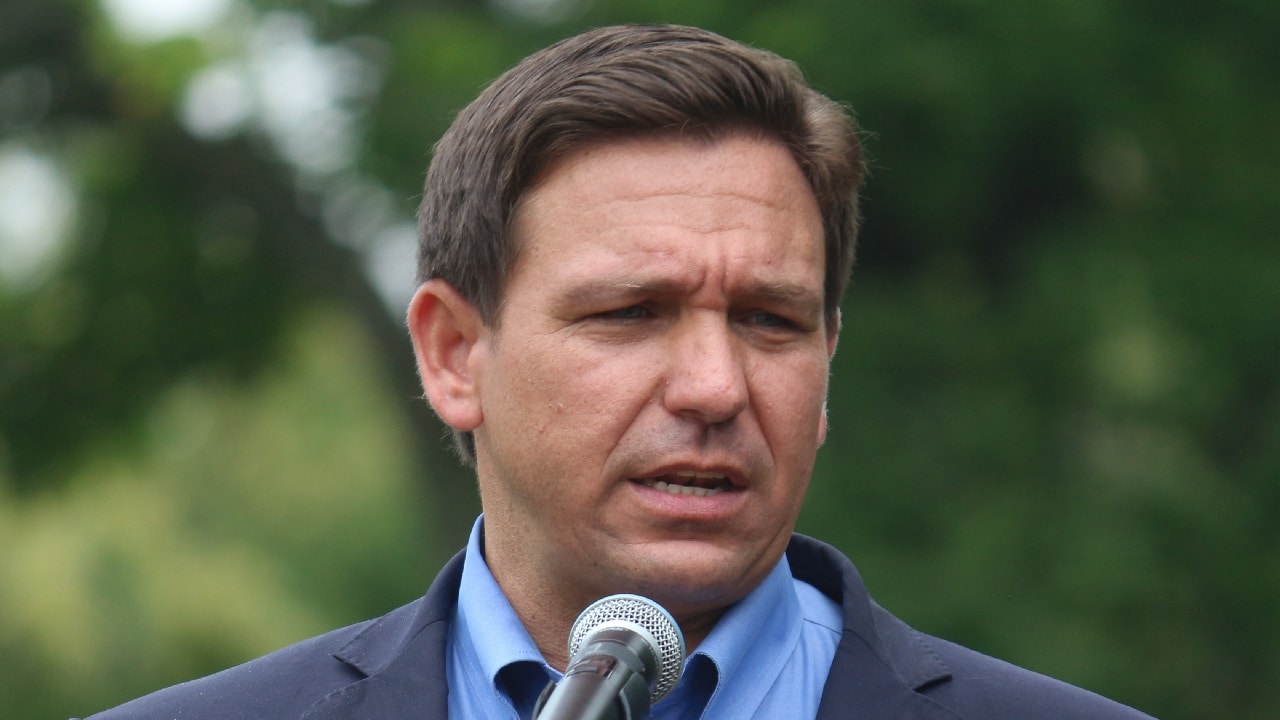The Green New Deal was a comprehensive legislative package introduced by Democrats in early 2019 after they took over the House of Representatives during the Trump presidency. It was an ambitious suite of legislative proposals, one sponsored by Rep. Alexandria Ocasio-Cortez (D-NY), meant to hark back to the original New Deal of the 1940s, combining environmental efforts with a push to stimulate the economy, reduce inequality, and create jobs.
“What was entered as official legislative language on Capitol Hill declares the government should take a stronger position on everything from cutting carbon emissions to giving every American a job to working with family farmers to retrofitting every building in the country,” was how CNN described the legislation back in 2019. Many of the provisions, it was noted at the time, were more of a statement of principles than one of action.
Revisiting the Green New Deal
There’s another salient fact about the Green New Deal: It never became law, at any point since its introduction in 2019. After all, it was introduced when Trump was president. At least in its original form, the Green New Deal appeared more meant for messaging purposes than as a piece of legislation that was ever going to pass, although its backers have always pushed back against that notion.
Some principles of the original Green New Deal made it into the Inflation Reduction Act, which President Biden signed into law in 2021. However, it was only a fraction of the original proposal, and AOC and other members of Congress re-introduced the Green New Deal in Congress this spring. The Biden campaign, while touting the passage of the IRA in its re-election efforts, does not refer to its own legislation as the “Green New Deal.”
However, in the Republican imagination, the Green New Deal is shorthand for “the environmental stuff the Biden Administration has done, which our voters dislike and want us to defeat.” The right, in other words, has trained voters to be very scared of that phrase, regardless of the real-life status of the piece of legislation of that name.
The Green New Debate
There was an indication of that Wednesday night in the Republican presidential debate. According to a WLRN fact check of the debate, Gov. Ron DeSantis of Florida vowed from the debate stage that “I’m taking all the Biden regulations, the Green New Deal, ripping it up and throwing it in the trash can where it belongs.”
“The Green New Deal — a congressional resolution that aims to reduce carbon dioxide emissions and take other steps to curb climate change — has not passed,” the fact check said. “The Green New Deal was introduced in 2019 in both the House and the Senate and reintroduced in both chambers this year. But it didn’t get far. It has been only referred to the appropriate committees in both chambers.”
Other countries have proposed and sometimes passed their own versions of the Green New Deal, including in South Korea. Some cities, like Seattle, have passed their own version of the Green New Deal. And this week, a group of climate activists launched a multistage tour aimed to “pressure Biden on climate action before 2024 election.”
“The Inflation Reduction Act was the largest climate investment in US history,” John Paul Mejia, a spokesman for the Sunrise Movement, told the Guardian. But for the next 10 years, we should work to make [it] the smallest by winning stuff that’s much larger.”
This is another version of the left and right appearing to inhabit alternative realities. To the left, the Green New Deal is something that the Democratic president must be pressured to support, while to the right, the Green New Deal is something that already exists and something that must be defeated.
Author Expertise and Experience:
Stephen Silver is a Senior Editor for 19FortyFive. He is an award-winning journalist, essayist and film critic, who is also a contributor to the Philadelphia Inquirer, the Jewish Telegraphic Agency, Broad Street Review and Splice Today. The co-founder of the Philadelphia Film Critics Circle, Stephen lives in suburban Philadelphia with his wife and two sons. Stephen has authored thousands of articles over the years that focus on politics, technology, and the economy for over a decade. Follow him on X (formerly Twitter) at @StephenSilver, and subscribe to his Substack newsletter.

